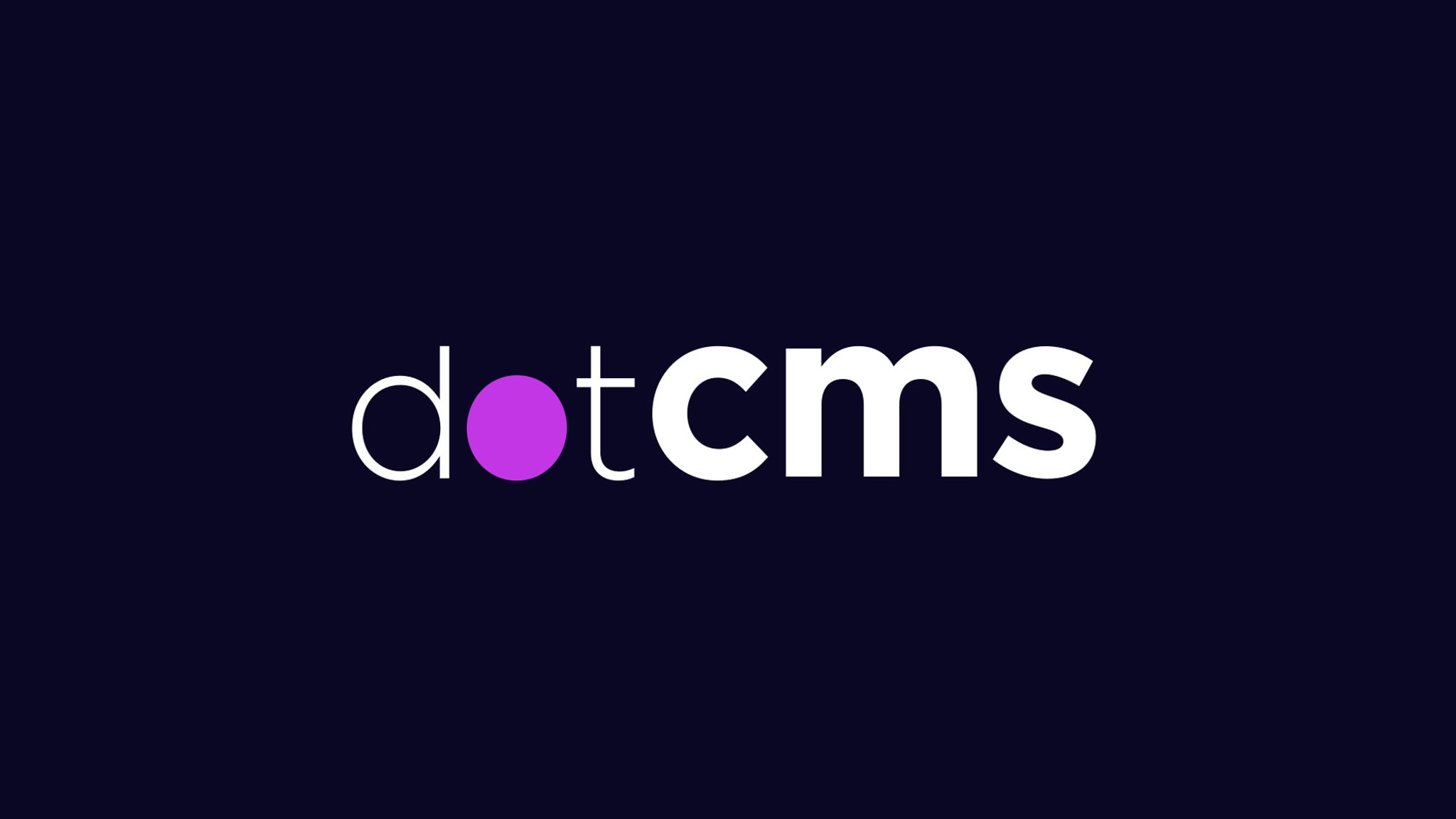dotCMS Launches Interactive Roadmap to Engage with Customers and Community on Product Development

Roadmaps have long been regarded as the "vision blueprints" for a software's lifecycle. Companies share them with their users in an effort to build anticipation while demonstrating their commitment to innovation.
For every roadmap, customer interaction is essential. Product managers and marketers rely on users to provide critical feedback – good and bad – to help remediate issues, shape new features, and enhance future versions. Some enterprise software platforms even utilize voting systems to prioritize the development of certain features, thus elevating community engagement to a more interactive level.
When it comes to roadmaps, having an "ear to the ground" seems like a high priority for dotCMS, an open source content management system. The company just launched its new Interactive Roadmap to encourage user influence and increase transparency around the development of its products and features.
According to its press release, the roadmap will allow both customers and the CMS community to submit product ideas, comment on ideas submitted by other users, and even prioritize the importance of an idea by tagging it at different levels ("nice-to-have," "important," or "critical").
Three goals for a more interactive product roadmap
In the press release, dotCMS outlined three goals for its Interactive Roadmap. The first is to welcome product feedback and ideas from customers as well as the broader CMS community. dotCMS will use this input to help shape and prioritize future product development.
The second stated goal is all about communication. With its roadmap, the company aims to cultivate a more engaging relationship with its customers, prospective customers, users, and fans by providing the latest news on its product and feature development. It also suggested that while not all feature plans are substantial enough to be listed, key items will be continually added.
The third and final goal is to promote transparency around its product development roadmap itself. Though already an open source platform, it seems that dotCMS is doubling down on its community roots – reinforcing its responsibility to its users by highlighting its development plans and priorities.
Redefining the roadmap experience for open source CMS
While roadmaps are far from novel, dotCMS is rethinking the role of its own roadmap to the development process. Given how quickly CMS (or any software) needs to change and adapt – particularly as more headless and composable features take center stage – a roadmap can represent strategic value as a living, breathing conduit to the user. In the end, it's all about gathering relevant customer data and using it to improve performance, enhance loyalty, and even accelerate outcomes.
"As our client base grows and the pace of our product development accelerates, we want to inform our clients of our product development roadmap and give our community the chance to directly voice their needs," said Jack Diego, dotCMS Product Manager. "That's why we're excited to publish our product release highlights and our roadmap in the same online space and collect valuable feedback at the same time."
When it comes to providing a transparent development process, dotCMS already has a leg up as an open source platform. Its codebase is freely available on GitHub, giving its users and community a clear line of sight to the software's capabilities. In many ways, it's the ultimate expression of trust and accountability that a software vendor can provide.
"With this, dotCMS welcomes the opportunity to strengthen client relationships," said Diego. "Both by highlighting our near-term accomplishments and by giving greater visibility into our long-term product vision."
If you're interested in perusing the dotCMS roadmap, you can find it at https://www.dotcms.com/roadmap.
About dotCMS
Built on leading Java technology, dotCMS is an open-source, hybrid-headless content management system that gives developers the flexibility of a headless CMS while equipping marketers with no-code visual content authoring. Founded in 2003, dotCMS is a privately held US company with a global network of certified development partners and an active open source community. dotCMS has generated millions of downloads and more than 100,000 implementations and integration projects worldwide. Notable customers include: Telus, Standard & Poors, Hospital Corporation of America, Royal Bank of Canada, Comcast, Thomson Reuters, Dairy Queen, City Furniture, Varo Bank, Lennox International, Firstmac, and Newell Brands.